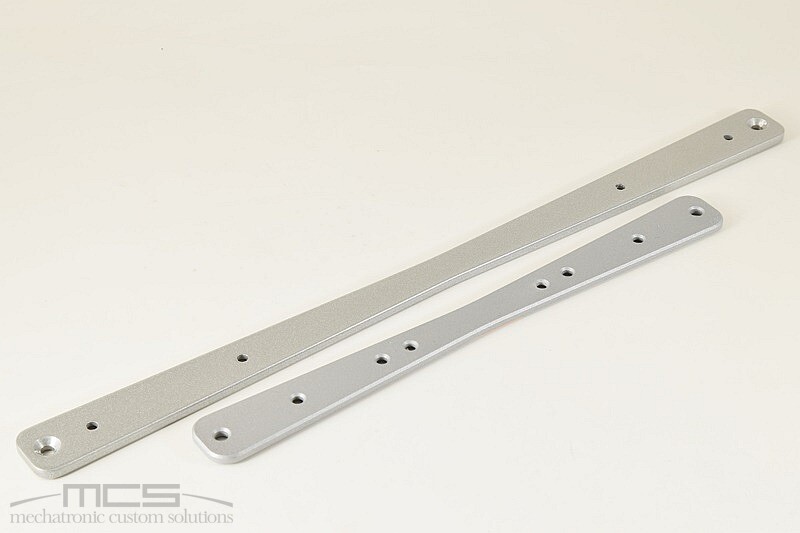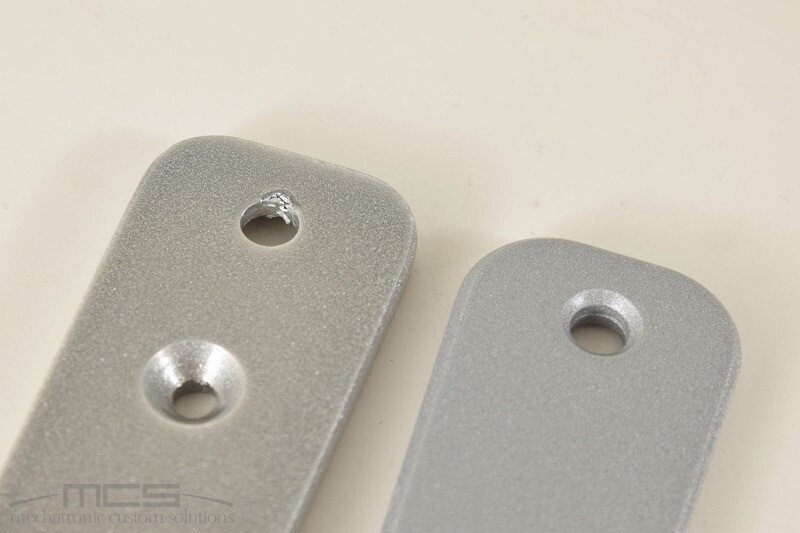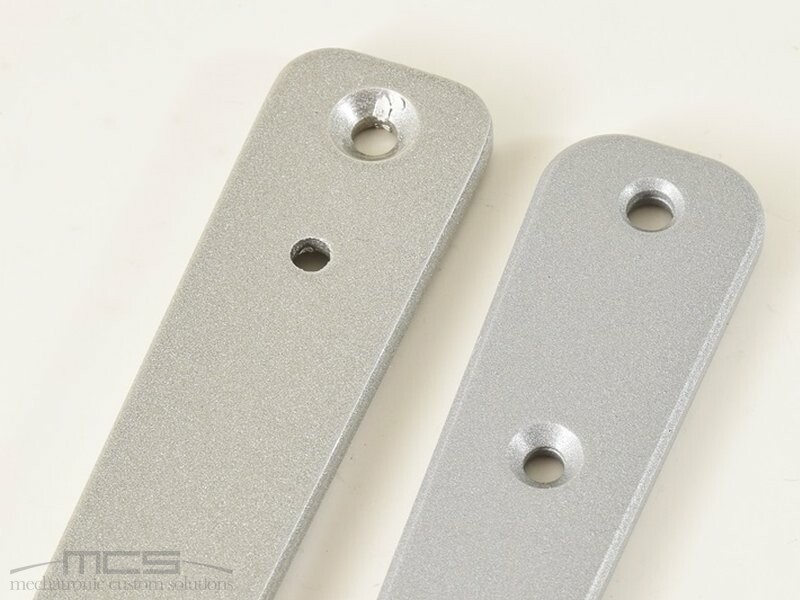By Alessandro Vignaga, Administrator and Sales Manager
“There is hardly a thing in the world that someone cannot produce of somewhat lower quality and sell at a lower price. But color that only take into account the price become the legitimate prey of these”
John Ruskin (1819-1900)

Opening with a quote from sociologist and critic John Ruskin lets you know that this post is a little different from the usual.
It is, in fact, a reflection I made after a phone call I had in recent months with a client.
It was a company to which we had delivered an initial supply of a rather simple product: a painted aluminum bracket, a seemingly simple item, but designed, in this case, along with a custom electronics case.
It happens that a customer, after a supply turns to other potential suppliers for alternatives: nothing new under the sun.
One day this customer calls me and tells me that he had the same bracket made by another workshop at a cost of 8.50 euros each, instead of the 27.22 euros paid to us. The tone of course is a little upset because he feels “abused,” accuses us of taking advantage of his lack of experience, and points out that the other provider also claims we “fleeced” him.
I had a sample sent to me, trying to get a better understanding of the situation. First of all, however, I would like to premise to the customer that our cost is per pair, that is, for every single container we produce, two brackets have to be matched and not one, so to be precise the cost would be 8.50 euros versus 13.61 euros.
That said:
- the part made by the other vendor is really on the cheap, with a powder coating, thus cheaper than our liquid coating, and not even executed well: in fact, it is full of inclusions and with conspicuous chipping at the gripping points;
- lacks front-to-back perimeter chamfering: this results, for example, in the halving of machine paths;
- the paint finish does not even match the container made for the customer and to which the bracket is to be matched.
I clarified things with the client, who understood a little better what was provided. Considering how the sample sent to me was made, I tell him–and I really think–that our price of 13.61 euros each could also be cheap. Unfortunately, the delivery from the other workshop has already taken place.

What are we talking about when we ask for quality, emotional aspects, etc.?
This episode made me reflect that we often use certain expressions, primarily that of “quality,” in too general a way to have any concreteness. Expressions used so often out of turn as to be empty.
It is useless at the negotiation stage to say that you are looking for quality solutions, emotional appearance, “Apple-style” products: it is probably their abstractness that leads us to anchor ourselves in the concreteness of figures, to price, preventing us from seeing in some cases the coarseness and dozensness of certain products offered.
On closer inspection, “quality” can be taken to mean all notions related to the benefits of a product: novelty, functionality, versatility, design, safety, durability, etc. What about when we consider the service that accompanies the product? In negotiations, therefore, we use specific terms, ask for well-defined product features, precise benefits.
It is also much easier to market oneself as a mere implementer of a specification or replicator of an existing product. Much more complex to present oneself as a partner of the client, offering, in addition to production, services that very often are difficult to monetize.

Final suggestions
From this personal experience I think some general considerations can be drawn:
- the need to know the customer’s real expectations, in terms of product but also in terms of price. We often talk about target price and do not always receive clear information, perhaps out of fear that this may be a reference for the sole benefit of the supplier. In our case, however, this is very important information for proposing the most suitable solutions for the development of the client’s product;
- the importance of thoroughly investigating the customer’s uses, benefits, goals, and conveniences, seeking to verify that he or she has fully grasped the value offered for a given price;
- the need to make clear, precise requests, without vague or catchphrases, especially when we as customers address our suppliers;
- eliminate expressions such as “quality products,”“excellent value for money” because in the end they say nothing.
Finally, one must be aware that value requires a fair price. Is it possible to have value while paying as little as possible? I leave the answer to another famous quote by John Ruskin:
“It is imprudent to pay too much, but worse to pay too little. When you overpay, you lose some money, it’s true, but that’s it.
On the other hand, when you pay little, you risk losing too much because what you bought is not able to do the job you bought it for.
The common law of business denies the possibility of paying too little and getting a lot. This cannot happen.
If you negotiate with the lowest bidder, you had better provide some reserve to cover your risk. But if you can do that, you will then certainly have enough money to buy yourself something better.”


